A relatively obscure author in the English-speaking literary community, Jon Fosse, recently made headlines when he was named the 2023 Nobel Prize in Literature winner. The accolade recognised his extraordinary skill for expressing the indescribable, which distinguishes him from other authors of contemporary writing. The life and works of Jon Fosse will be examined in this blog to shed light on his talent as an artist and the importance of his Nobel Prize.
The Unsung Genius
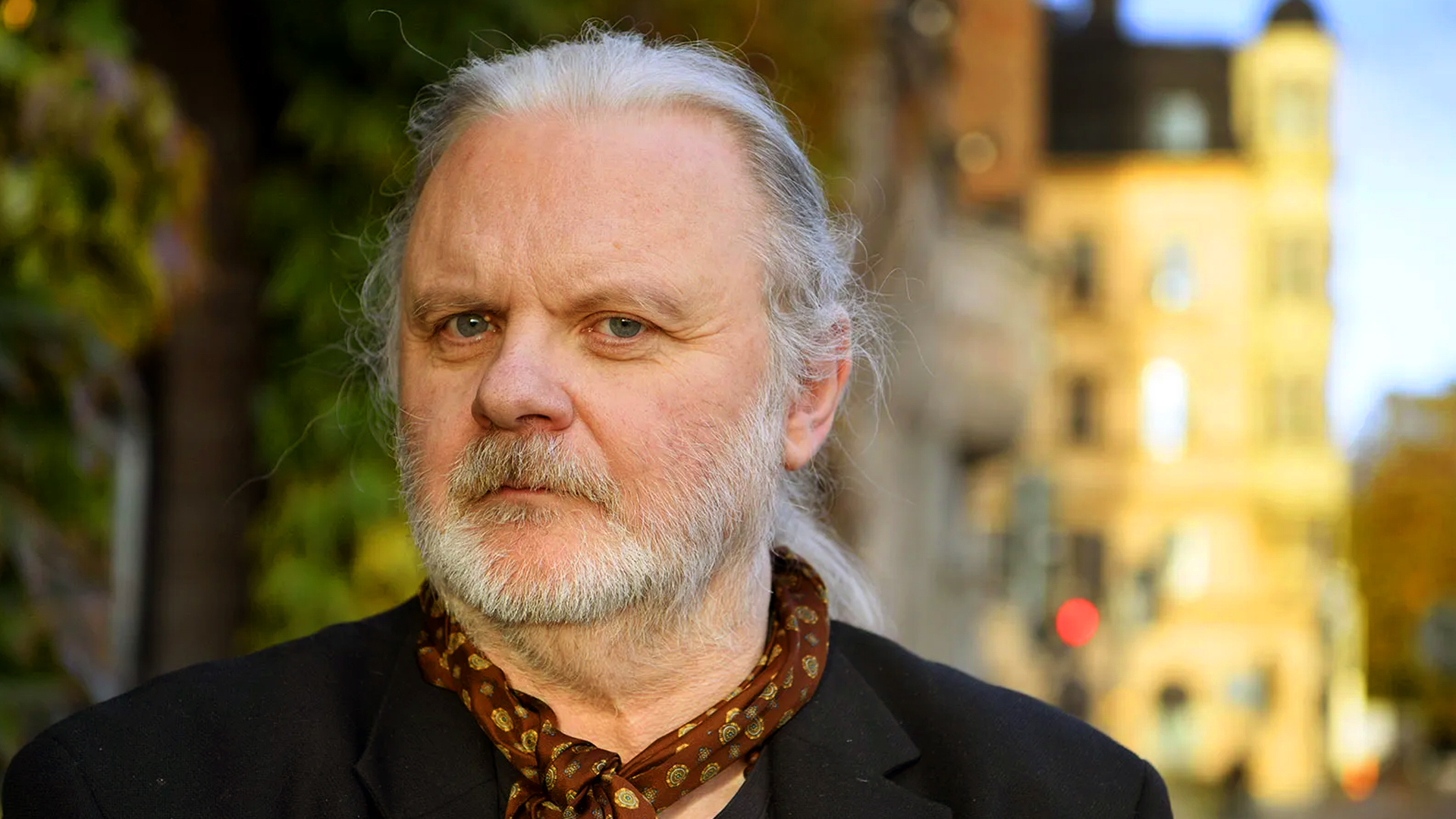
At 64 years old, Jon Fosse has spent decades creating a literary legacy that has at long last brought him the respect he so well deserves. He became the fourth writer from Norway to win the renowned Nobel Prize, joining an elite group of individuals. The majority of Fosse’s works were released in the minority language of Norway, “Nynorsk,” which is only spoken by 10% of the population.
With the help of translated editions of his writings, Fitzcarraldo Editions, an English-language publisher, introduced Fosse to a worldwide audience. This accomplishment comes after French author Annie Ernaux, who was published by the same publisher the year before, won the Nobel Prize. This time, the publisher, Fitzcarraldo Editions, recognized the extraordinary versatility of Fosse, who has written plays, novels, poetry collections, essays, and children’s books among other genres and formats.
A Literary Titan’s Journey
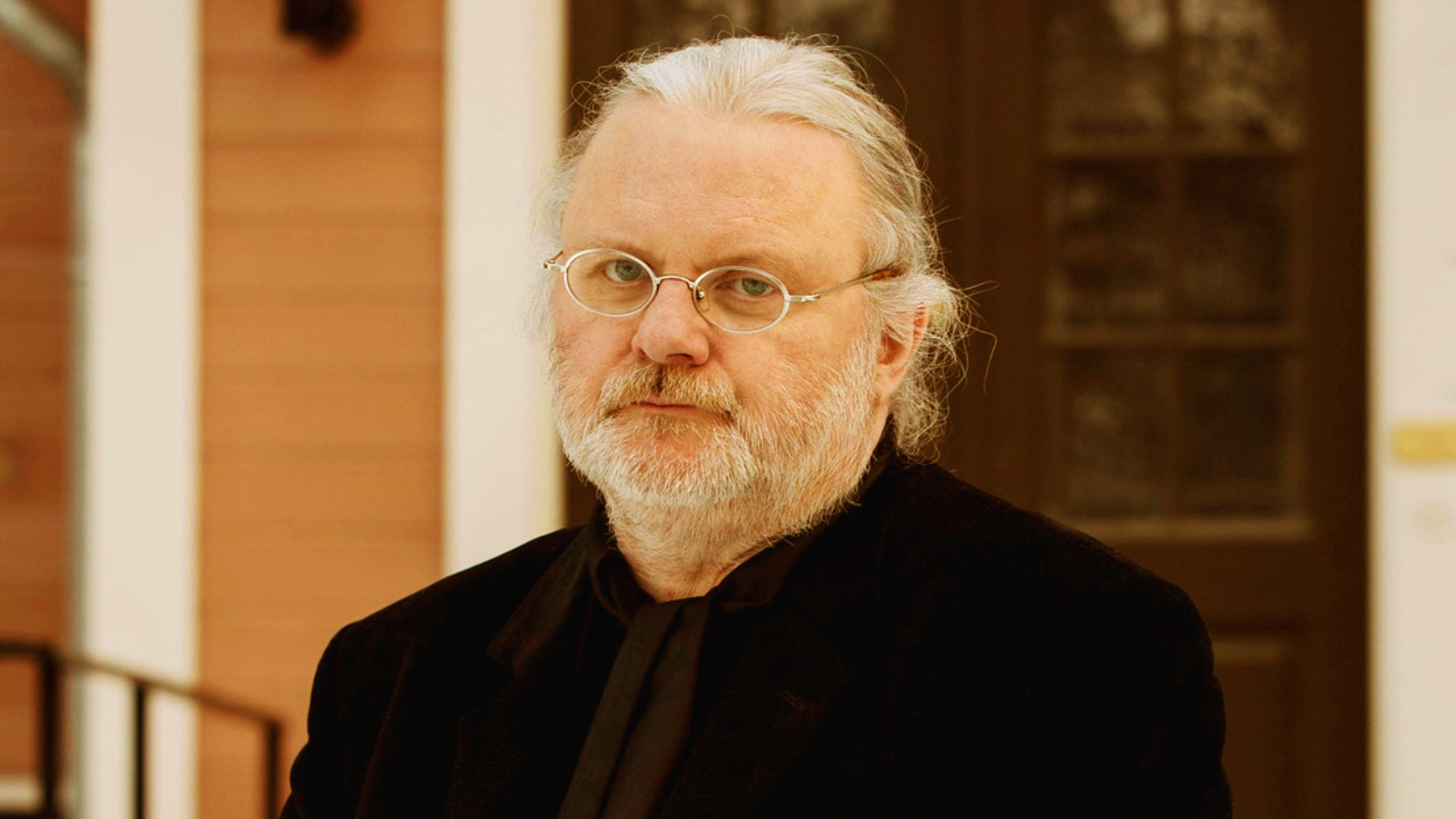
With the publication of “Red Black” in 1983 (originally titled “Raudt, svart”), Fosse made his literary debut. But it wasn’t until 1994 that he made a big step forward by creating his first play, “And Never Shall We Part” (Og aldriskal vi skiljast). His career turned around after this decision, when he realised, he had a strong love for the dramatic genre.
One product in Fosse’s vast collection of work stands out: the colossal novel series known as “Septology.” This piece, which spans approximately 800 pages and is composed of a single, continuous line, was created after Fosse’s 2013 conversion to Catholicism.
Asle, the elderly widower and protagonist of “Septology,” struggles with existential issues while living on Norway’s southwest coast. His interactions with a similarly called but reclusive painter result in a very philosophical story. Fosse’s own experience, which includes his fight with alcoholism, lends the characters’ troubles to a deeper level of humanity. When “Septology” was shortlisted for the International Booker Prize in 2022, the literary community acknowledged its genius, highlighting Fosse’s ongoing influence.
The Echoes of Beckett
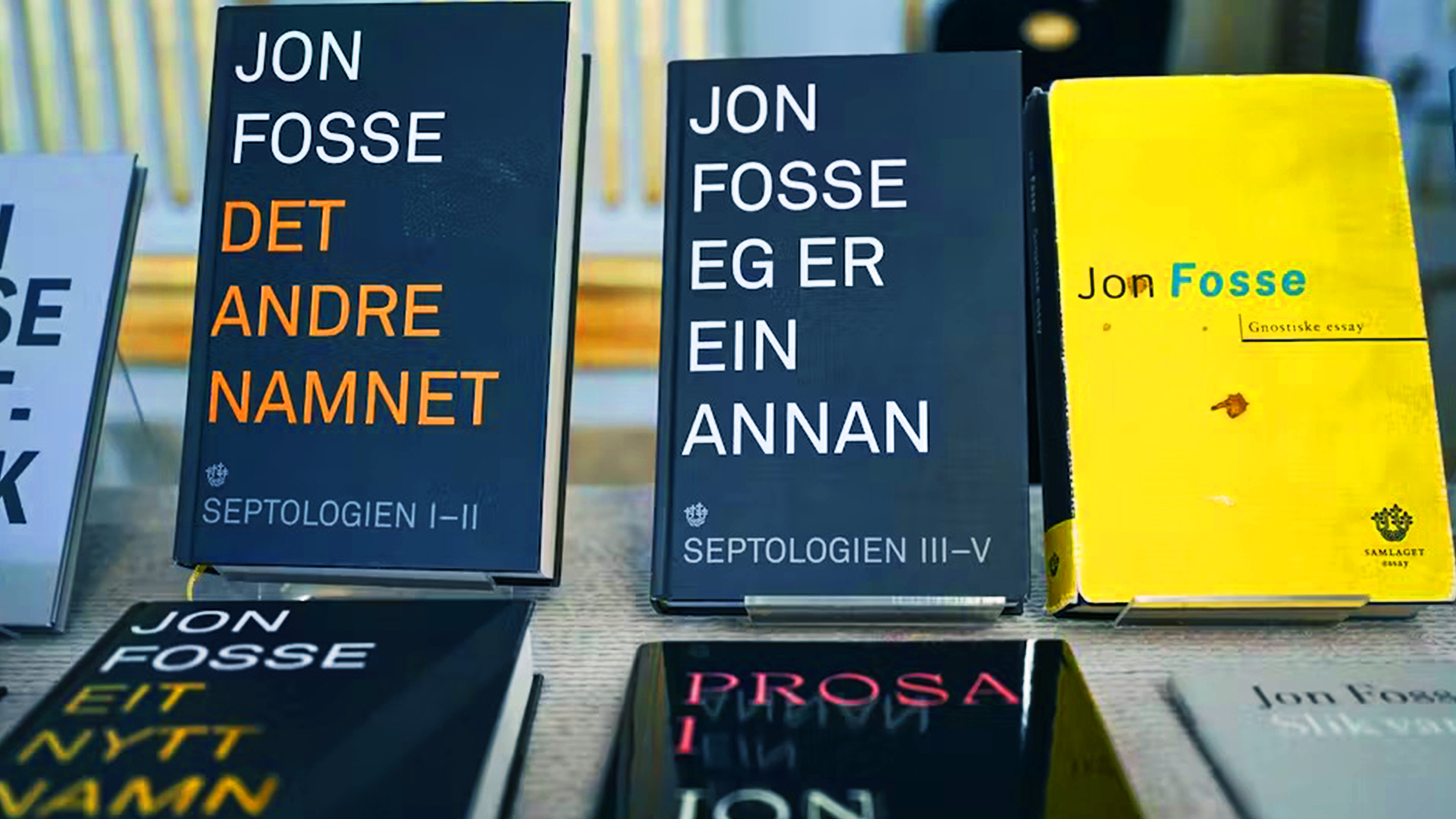
As stated by the Nobel committee, Fosse’s work “gives voice to the unsayable,” which is reminiscent of the famous Irish playwright and writer Samuel Beckett. Beckett’s concept of linguistic experimentation and existential inquiry is consistent with Fosse’s artistic sense.
The revolutionary work of Beckett, a Nobel laureate himself, stretched the limits of verbal expression. In “Worstword Ho,” a late masterwork, Beckett subverts literary conventions by focusing attention on the limitations of language. This theme is connected to Fosse’s investigation of the limitations of language in the search for intimacy.
The French press has in many respects referred to Fosse as the “Beckett of the 21st century” in recognition of his capacity to consider the difficulties of intercultural dialogue and the perplexing nature of life. Similar to how Beckett was seen as a “painter for the theatre,” Fosse’s works go beyond the simple use of language to evoke feelings and raise issues that defy simple explanations.
A Lifetime of Reflection

The battle to express the indescribable has characterised Jon Fosse’s career as a writer, notably in the less well-known “Nynorsk” language. He has struggled with issues related to artistic expression, linguistic constraints, and the fundamental nature of human communication for a significant portion of his life.
In his own words, “Writing has been a way of surviving,” Fosse admits the significant influence that his profession has had on his life. There is excitement about how his future work and outlook may change now that the Nobel Prize has been added to his great career.
Finally, Jon Fosse’s Nobel Prize triumph shines a well-deserved spotlight on a literary titan whose works have frequently been obscured to English-speaking audiences. It is in keeping with the heritage of Nobel laureates like Samuel Beckett that he can speak for the unspeakable and delve into the depths of human life. We can only wait and wonder what new dimensions of human experience and expression Fosse may disclose in the years to come as his impact grows.






0 Comments